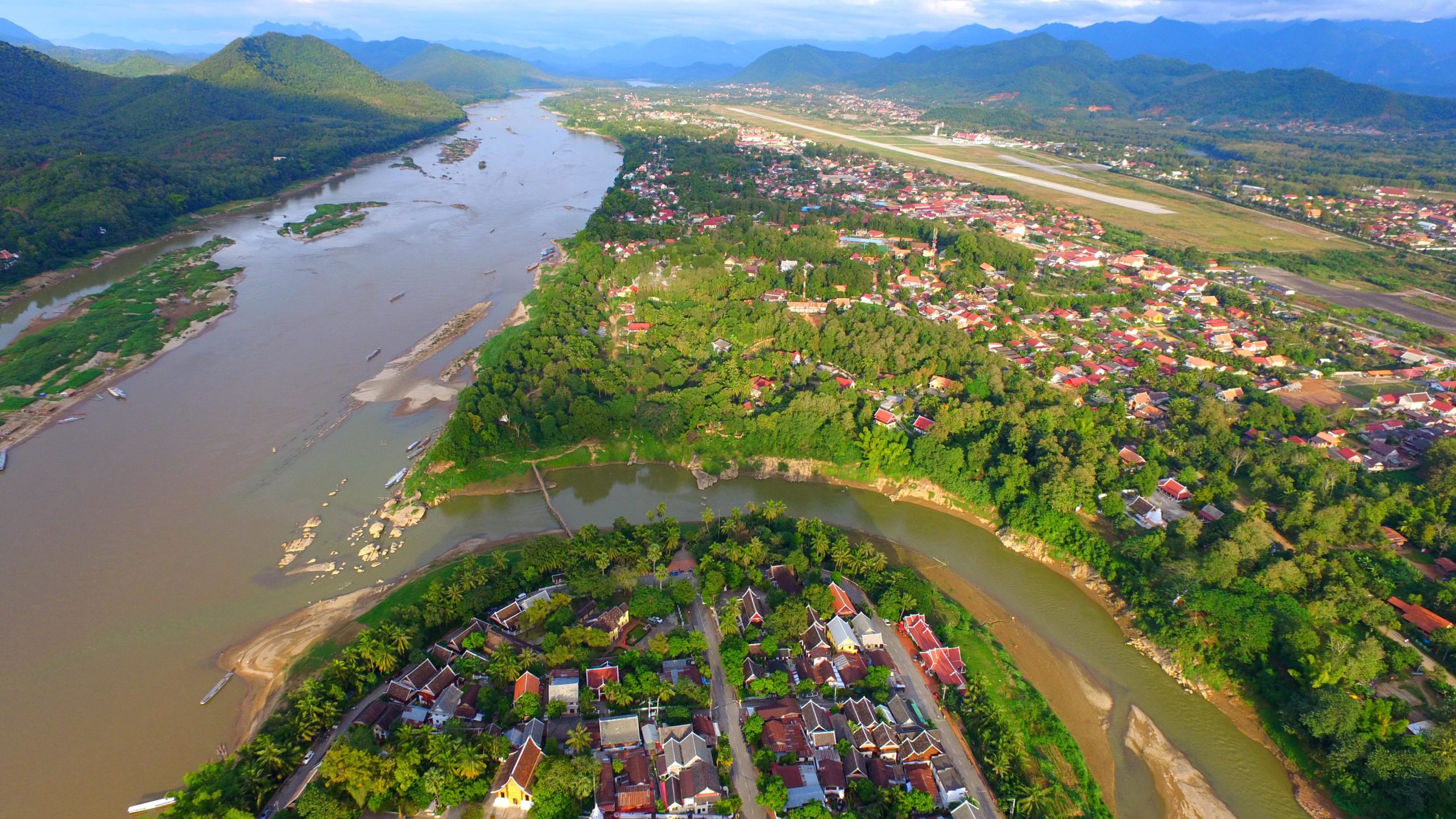Originally published in the Bangkok Post
By Pai Deetes
The Apec Leaders’ Summit in Bangkok this week includes an agreement to work toward the “Bangkok Goals” on Bio-economy, Circular Economy and Green (BCG) Economy beyond national borders. Many have raised have raised the question of whether the Thai government, as host to the summit, genuinely aims to push forward this goal. Or is it just a greenwashing policy in support of business as usual?
In the case of the Mekong River there is glaring evidence of the latter, in particular in Thailand’s dealings with its upstream riparian neighbours but also in other regional agreements extending as far as Singapore.
Transboundary environmental problems from 11 hydroelectric dams, built on the upper Mekong River in China’s Yunnan province, have accumulated since the first one was commissioned nearly 30 years ago. Yet the degradation of the shared ecosystem from the foothills of the Himalayas to the Delta in Vietnam has never been put on the table for serious discussion by riparian governments.
Ecosystem services from the Mekong River in the fields of agriculture, fisheries, navigation and water supply have been adversely affected by dams in China for more than two decades. As a daughter of the Mekong, I wonder whether this will be on the agenda on the occasion of President Xi Jinping’s visit to Thailand.
In the Lower Mekong, Thailand intends to purchase more electricity from at least four future mainstream dam projects on the Mekong River in Laos. The dam builders promote these projects as a source of clean energy, despite reports of environmental and social impacts from the existing infrastructure Xayaburi dam that have been experienced by communities in the provinces of northeastern Thailand.
To date, a significant number of Mekong communities have been adversely affected. The richness of the Mekong River’s resources has been undermined as flows of water, fish and sediment have been blocked. The dams destroy the connectivity of the ecosystem. As a result, wild fish catches have been reduced, the income of fishing families has been decimated, and many fishers have been forced to change their occupations, migrating to find work in big cities.
In Pak Ing Tai village, Chiang Rai province, northern Thailand, there used to be at least 200 small boats on the water every day of the fishing season, using local knowledge inherited for generations. But today, there are less than ten fishing boats left. The changes caused by upstream dams have hurt millions of people. So, are we still to believe that hydroelectric dams are green and clean energy?
Thailand has had an oversupply of electricity generating capacity. In some months, the electricity reserve exceeds 50% — the standard is 15%. Meanwhile, Thai consumers have to bear the burden of expensive electricity bills. One of the reasons is that under take-or-pay contracts the Electricity Generating Authority of Thailand (EGAT) has to pay the power plants irrespective of actual demand for power. Despite this continuous payment for unneeded energy from existing Mekong dams, earlier this year the Thai Energy Policy Committee chaired by the prime minister approved the purchase of yet more electricity from new dam projects on the Mekong River in Laos, namely Pak Beng and Luang Prabang, despite the resistance of local people.
An agreement to purchase electricity between Laos and Singapore, via transmission lines in Thailand and Malaysia, raises questions on the mislabelling of Mekong dams as a renewable source of energy — which is indeed in line with BCG’s ethos. In truth, these projects appropriate a common resource to generate profits for large private companies, while the burden of environmental and social costs is borne by the Mekong ecosystem and millions of poor rural households.
Today, communities in the Mekong Delta in Vietnam, around Tonle Sap lake, Siphandon’s “Four Thousand Islands”, and on the Thai-Lao border, are suffering from the destructive effects of dams. For decades, Mekong peoples have tried to urge Thailand, China, and riparian governments to review their plans and to create meaningful participatory management and conservation of the Mekong River. To date, governments have been indifferent to their pleas and demands.
Apparently, the voices of those communities most affected are rarely heard.
The BCG economy that the Thai government talked up during this Apec forum may look elegant, but for the Mekong’s peoples, it still looks like a leaking bucket of empty words.
Opinion Editorial by Pianporn (Pai) Deetes, Regional Campaigns Director for Southeast Asia Program at International Rivers, a global NGO working to defend the rights of rivers and communities.

